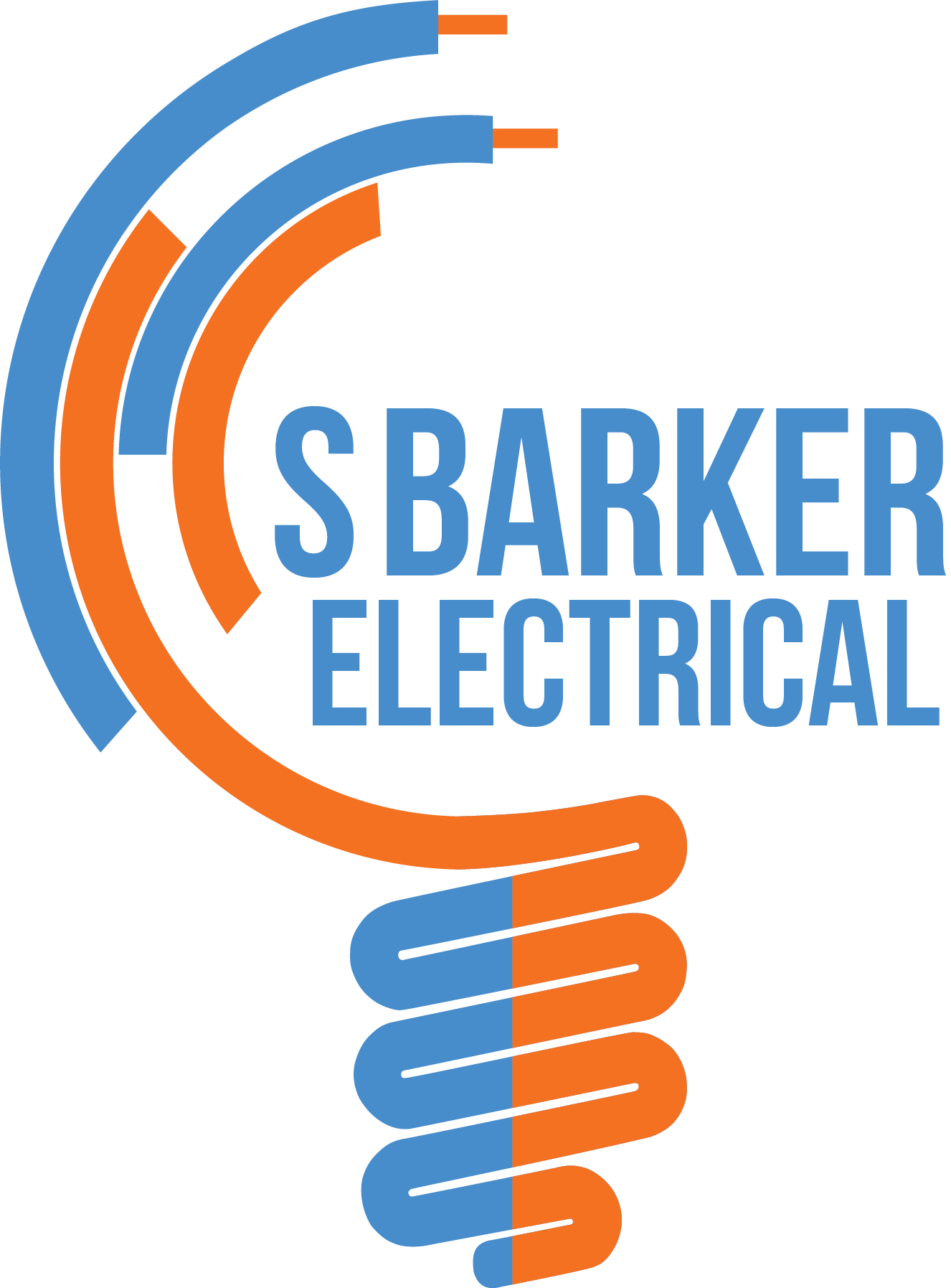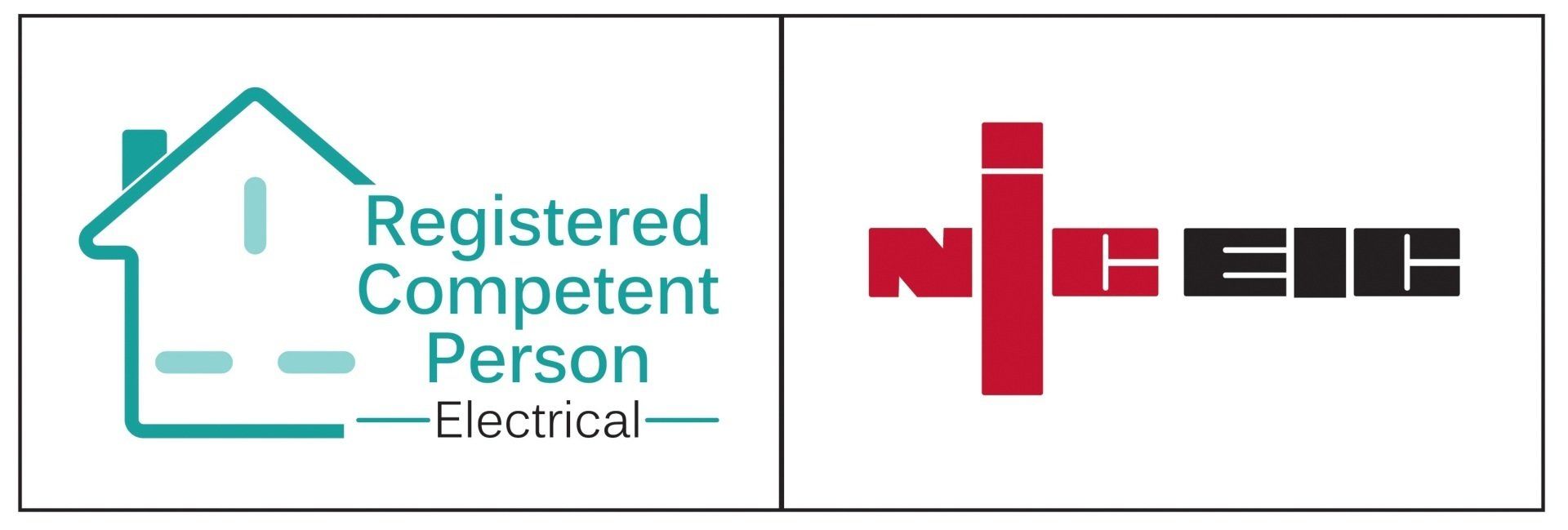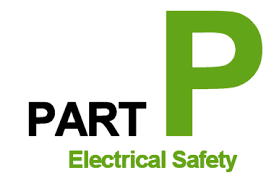Keep your company’s electrics maintained and safe
I have mentioned in previous blogs the requirements of the Electricity at Work Regulations 1989 requiring employers to protect their staff from danger from electrical equipment. You can do this by making sure that equipment is regularly inspected for faults and/or damage that could cause a malfunction or overheating. In addition, the Health and Safety at Work Act 1974, states that employers are responsible for the safety and wellbeing of all those on company premises, whether employees or visitors. Failure to ensure their safety could result in a hefty fine or even closure in the event of an electrical equipment malfunction that causes danger or injury to those on your property. It is, therefore, in your best interests to keep your company’s electrics maintained and safe.
If you require a professional commercial electrician for your company in Leeds, S Barker Electrical has more than 30 years’ experience. Our NICEIC registered and CRB checked electricians can be trusted with electrical fault finding, EICR certificates, PAT testing and commercial electrical installations. We make it easy for you to get an online quote and contact us for advice about your requirements.
How to prevent electrical hazards in the workplace
Of course, there are some ‘common sense’ procedures you can apply to make sure electrical equipment is operated safely and that your employees report faults immediately.
Make sure cables are not twisted, damaged or worn. If the outer casing is worn away, exposing wires, it could give someone an electric shock. Although it may be easier to run a cable directly from the plug to the desk, make sure it isn’t twisted around obstacles or straining the length of the lead at the plug. Check that multiple sockets and extension leads are used correctly and are not overloading the circuit.
Ensure electrical equipment and appliances are used safely. If employees need training to operate them, make sure they receive it - it better to be safe than sorry! Most people don’t even think about safety when walking into an office and turning on the computer, but just like at home, electrical equipment in the shop, office, or on the factory floor can develop faults, so you and your staff should be vigilant.
Ban your employees from bringing anything electrical on to your premises including fans, heaters, radios (these are the most popular items to bring into the office!), because you have not been responsible for their maintenance and so they won’t have been PAT Tested. You may be liable if they develop faults and injure someone on your property.
There are some very basic actions that can be taken to prevent electrical hazards in the workplace:
· Don’t pull on the cable to unplug an appliance
· Don’t overstretch electrical cables
· Don’t overload or create a ‘chain’ of extension leads
· Think about the placement of furniture near plug sockets for ease of use
· Remove (if possible) and clearly label damaged plugs or equipment, so they are not used
· Perform risk assessments before installing and using new equipment and train your staff if needed
· If you have a Health and Safety team or manager, make sure they check your premises on a regular basis for hazards and that faults are reported to them as they happen
· Make sure electrical equipment is turned off when not in use -especially overnight when company property is unoccupied
· Have all electrical appliances and equipment PAT Tested every two years.
By making sure your employees understand and implement good practice in the use of electrical equipment and who to contact if things break down, will reduce the risk of shock or injury while at work.
Procedures and checks
Although your employees should notice if equipment is faulty or damaged, they may not be able to tell whether it is hazardous. At the end of the day, the responsibility for the maintenance of electrical equipment lies with you, as the business owner.
In order to keep your company’s electrics maintained and safe, it is a good idea to draw up a schedule for regular maintenance and servicing of electrical machinery, equipment, and appliances according to their operating instructions. You need to keep detailed records, so you can refer to it when faults develop. It will help you in the event of a dispute with your supplier or the manufacturer, as well as covering you for insurance purposes. Employees operating the equipment should know when to expect regular maintenance and know who to call if a warning light flashes or if the equipment is not working properly.
EICR tests
The regulations require employers to make sure they limit the risk to employees from harm from both electrical equipment and electrical installations, so Electrical installation Condition Reports (EICR) are recommended once every five years. This is to check that electrical wiring systems are safe. The test will:
· Highlight any danger requiring immediate action
· Identify potential hazards requiring urgent action
· Advise on improvements that may not be required to pass the EICR test
If the electrics on your premises do not comply with electrical safety standards and fail the EICR test, you will be required to undertake repairs before a certificate can be issued. Read my blog about EICR tests, why you should schedule them and the advantages to your business.
PAT testing
Portable Appliance Testing (PAT) is the testing and inspection of electrical appliances and/or equipment in order to prevent accidents and injury from faulty equipment. Scheduling regular PAT testing – the recommendation is every two years - is essential to make sure that your electrical equipment is safe to use and free from faults. I recently wrote a blog about why business owners need to PAT test and how to make sure you hire a professional electrician who has the right experience and qualifications.
Fire alarms
The Fire Safety Order requires you to have the correct number and alarm types for your size of property and number of employees. Fire alarms should be tested twice a year to make sure they are working properly in case of a fire.
Emergency lighting
Commercial premises should be safe at all times, including in the event of a power cut, or if the electricity has to be turned off for some reason. Emergency lighting, which operates in the event of a loss of power, should be serviced annually and maintained according to BS 5266.
S Barker Electrical has more than 30 years of domestic, commercial, and industrial experience, so you know you can trust our electricians to keep your company’s electrics maintained and safe. What’s more, we ensure we complete your job with minimum downtime for machinery or equipment and we don’t leave you with mess! You can use our online system to book an EICR inspection or PAT testing of electrical equipment and if you book both services at the same time, we will give you an extra discount!
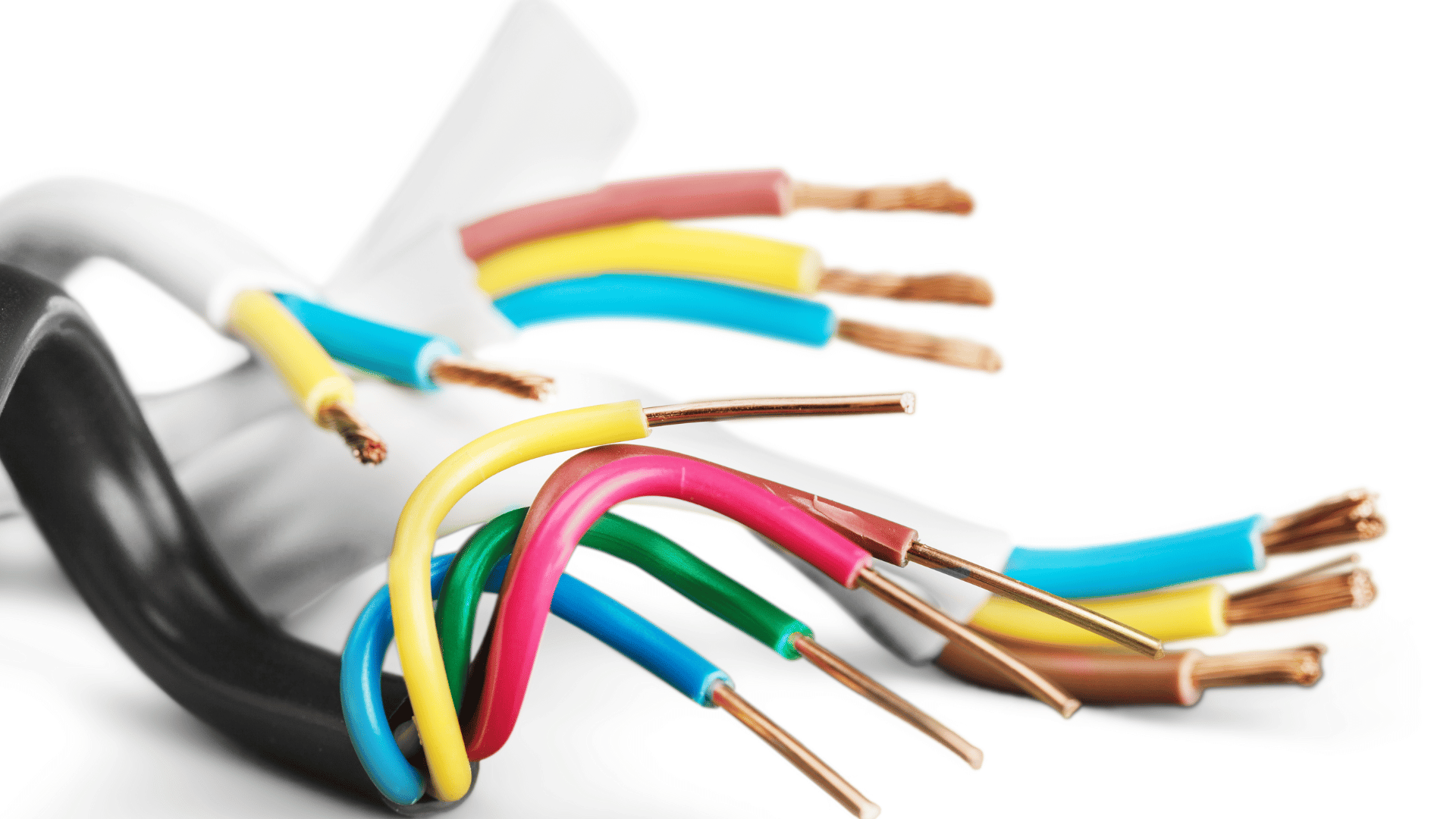
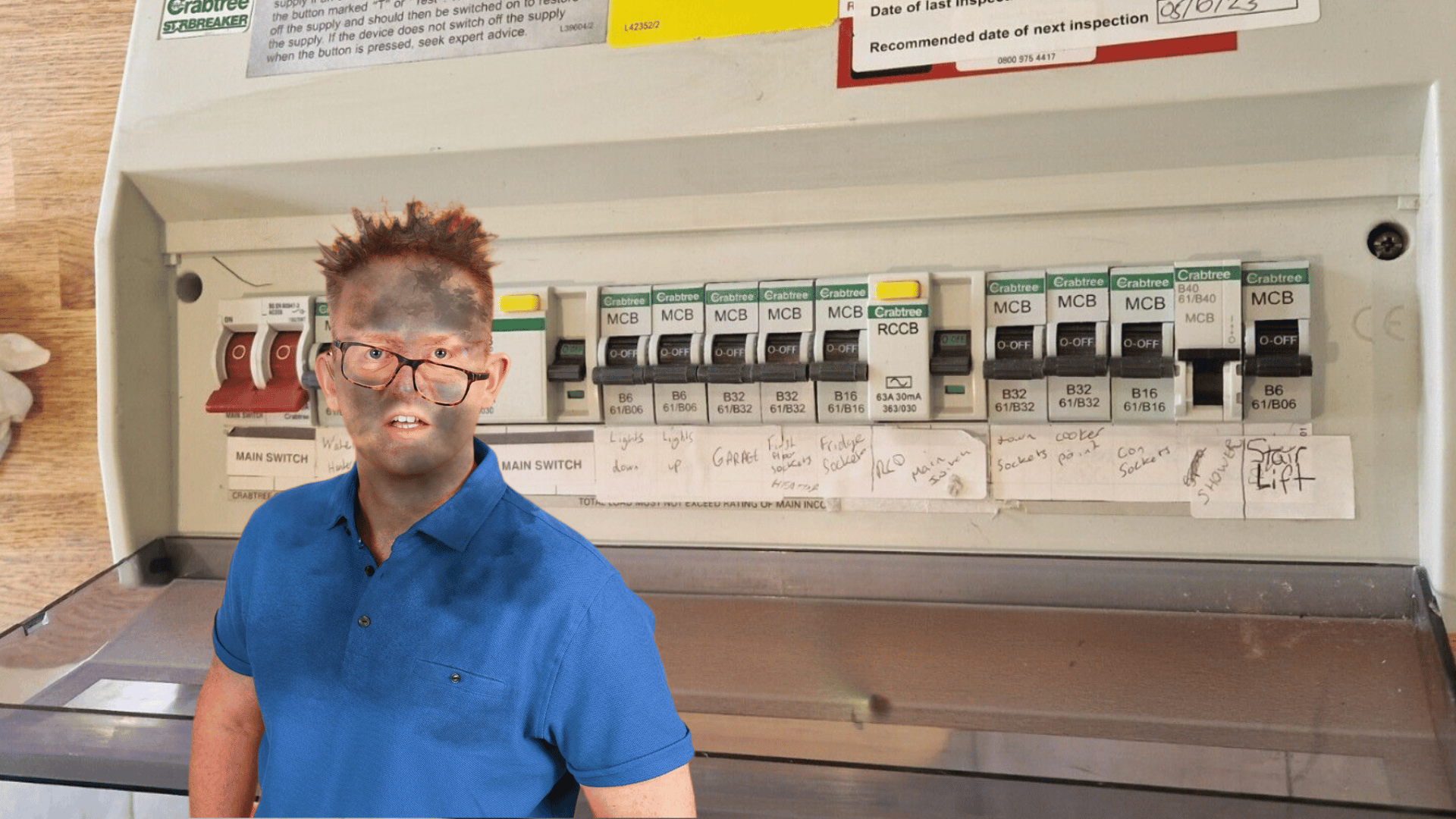







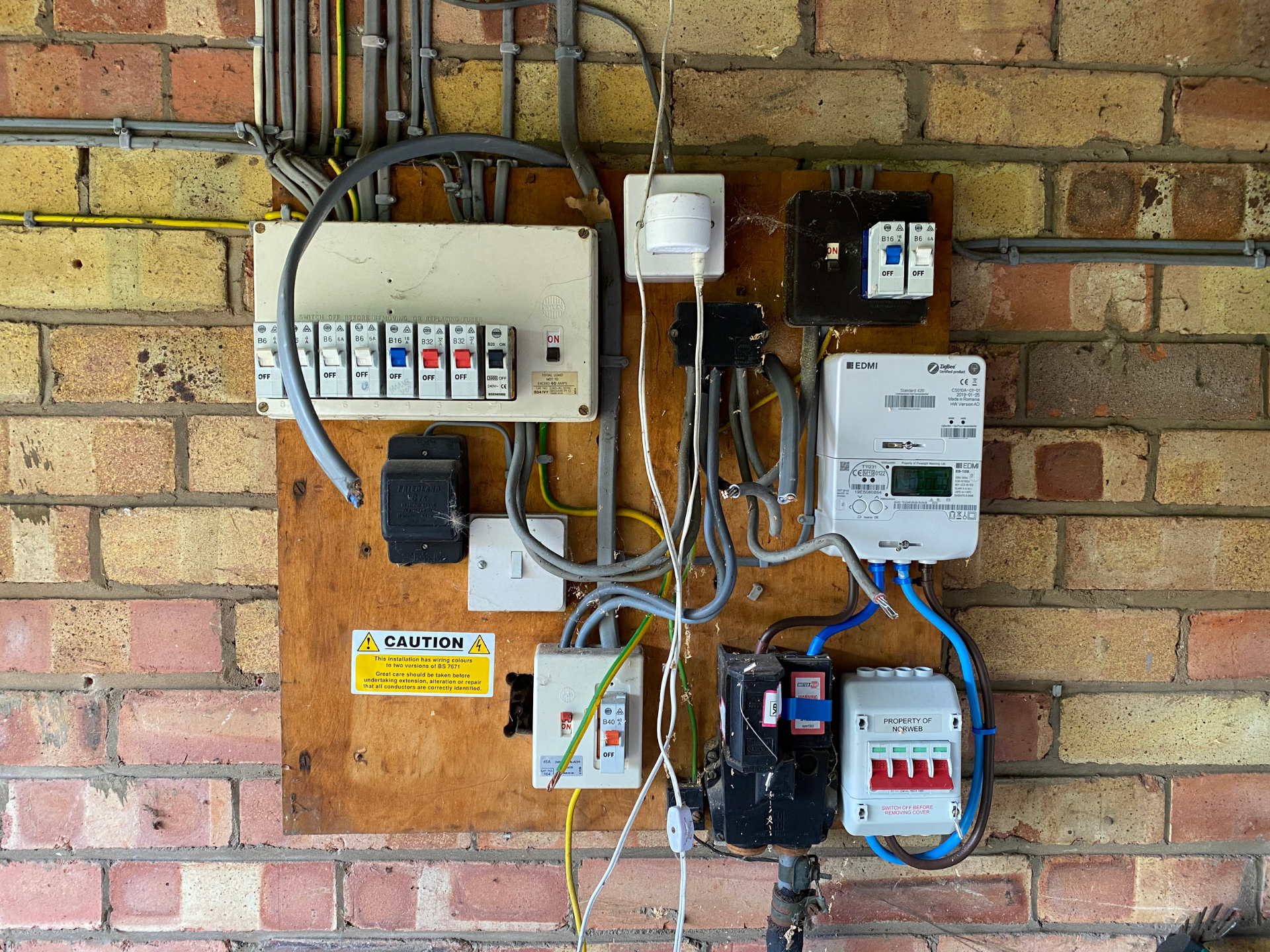
QUICK LINKS
CONTACT INFO
S Barker Electrical Ltd
838 Ecclesall Road,
Sheffield
S11 8TD
Tel: 0114 419 0020
VAT Registration No: 228710512
THE LEGAL STUFF
QUICK LINKS
CONTACT INFO
S Barker Electrical Ltd,
838 Ecclesall Road,
Sheffield
S11 8TD
Tel:0114 419 0020
VAT Registration No: 228710512
THE LEGAL STUFF
S Barker Electrical Ltd | All Rights Reserved | Number 6336958. Registered in England and Wales
